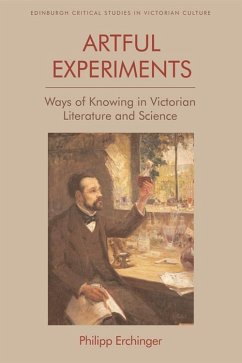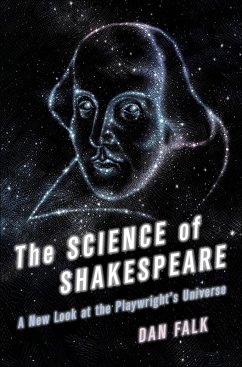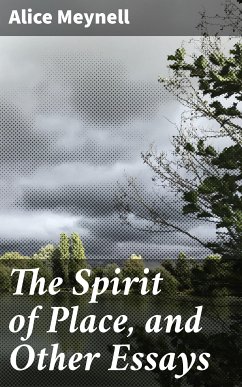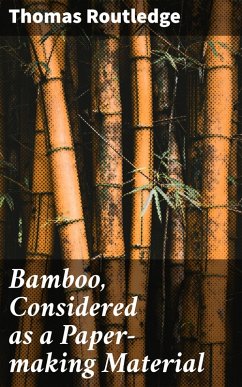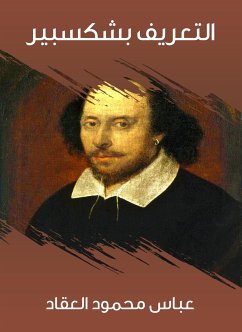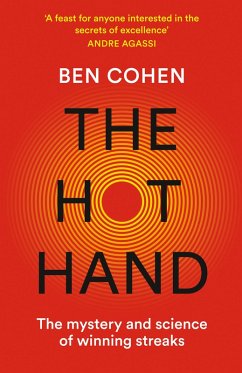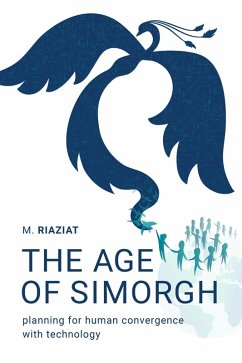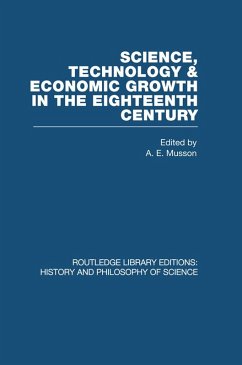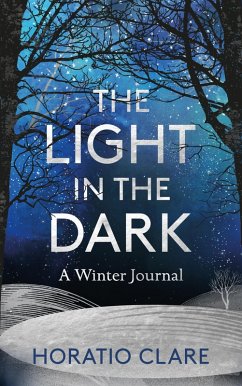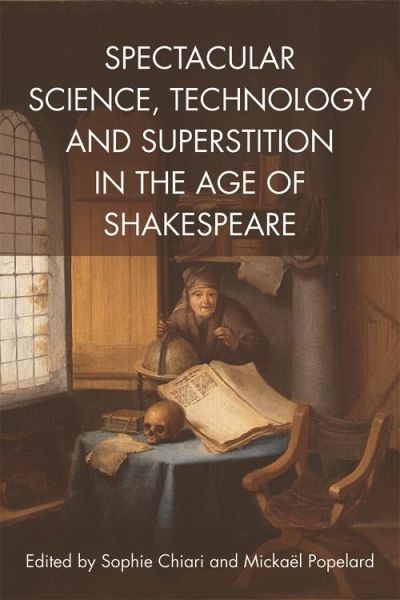
Spectacular Science, Technology and Superstition in the Age of Shakespeare (eBook, ePUB)

PAYBACK Punkte
11 °P sammeln!
To the readers who ask themselves: What is science?'', this volume provides an answer from an early modern perspective, whereby science included such various intellectual pursuits as history, poetry, occultism and philosophy.
Dieser Download kann aus rechtlichen Gründen nur mit Rechnungsadresse in A, B, BG, CY, CZ, D, DK, EW, E, FIN, F, GR, HR, H, IRL, I, LT, L, LR, M, NL, PL, P, R, S, SLO, SK ausgeliefert werden.





